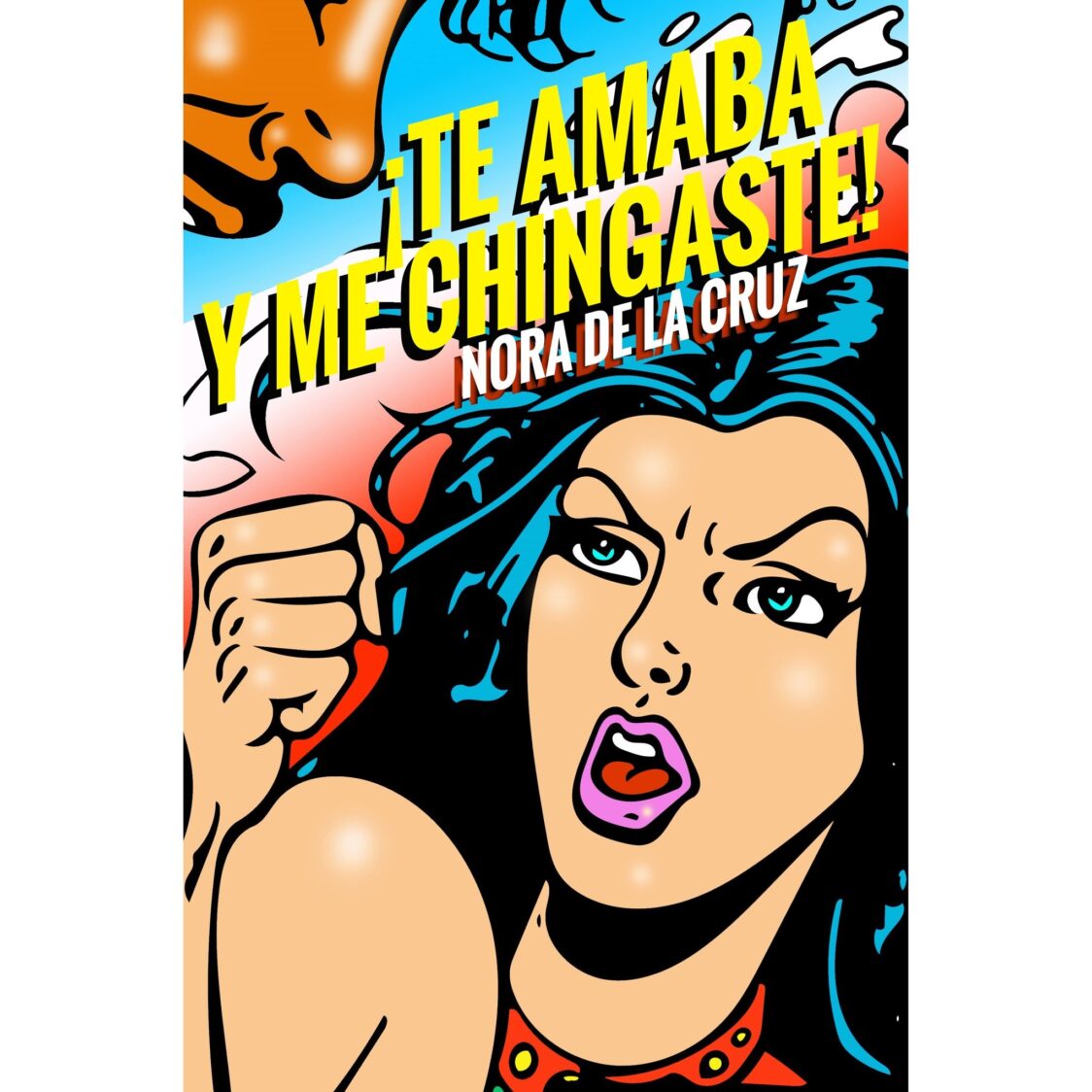A 19th century soap opera in the 21st century.
Between tacos with lots of salsa, alcohol, and songs by José José and Juan Gabriel, Fosca Maria and Tito Lucio fall in love and then screw each other. Fosca Maria, like most Saturday afternoons, doesn’t have any plans. At least she didn’t until Tito Lucio, a man whom she barely knows except for the fact that he once dated one of her friends, invites her to a party. Although hesitantly, she attends.
Fosca is a music teacher and Tito, from the illustrious Cucufato family, a Marimba player. They have never exchanged more than two words, but after that party, a full moon, and several kisses that encourage love and confusion, they discover that they like each other and that, against all odds, they want to continue seeing each other.
Under the wise love advice of the poet Ovidio and typical Mexican cuisine, the love between Fosca and Tito grows. However, her insecurities about his social position and his fears pertaining to her previous relationship create a tangle of misunderstandings that leads her to look the other way and him to get away from the city for a few days to think. But, instead of taking that time to think, he meets Lucrecia, a wealthy girl who seems to like Tito.
Fosca, who has not stopped thinking about Tito, expects to see him at the next party, but when he appears, Fosca gets a big surprise: he is holding hands with Lucrecia. A disappointed Fosca confronts Tito, and he, regretfully, realizes what he has lost. Following one of his many attempts to conquer her, they discover that neither of them really know, nor want to get to know, each other.
RELEVANT DATA: I Loved You and You Screwed Me Over (Te amaba y me chingaste) is about an accidental love built among tacos, popular music, cantinas, parties and Mexican beers. With a comical and light-hearted tone, Nora de la Cruz writes a contemporary story worthy of a nineteenth-century telenovela.
Nora de la Cruz is a Mexican narrator, translator, literature professor and writer. She has published stories, articles and reviews in media outlets such as Posdata, Hoja Blanca, Milenio and Casa del Tiempo.
What the critics have said:
“I love the daily life, the spontaneity, the truthfulness of this book, with an agile narrative that evokes emotions already known to all and with the added bonus that Mexicans can recognize themselves in these pages.” Goodreads
“It is a novel that delivers what it promises from its very first page: a romantic comedy written in the tone of a nineteenth-century comedy. A soap opera in which the nineteenth-century language and the atmosphere of the south of the city coexist.” La libreta de Irma
AUDIOVISUAL POTENTIAL: TV Series, Miniseries, Film, TV Movie.
LANGUAGES AVAILABLE: Spanish.


